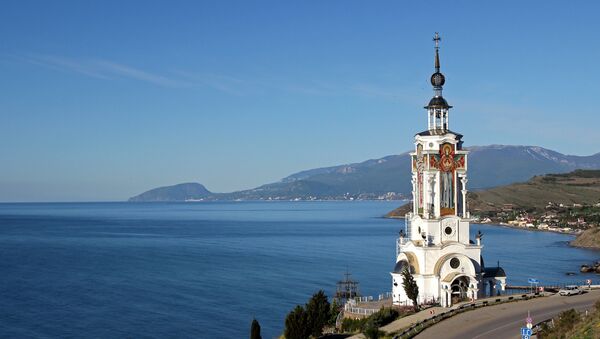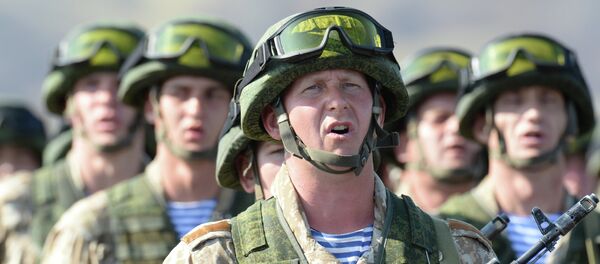A coup that installed a new, fiercely nationalist government in Kiev in February, 2014 alienated Crimea's majority Russian-speaking population of some 2.4 million. Ethnic Russians have dominated the peninsula since its capture by the Russian empire from the Ottomans in the 18th century.
In a forthcoming documentary titled "Crimea. Way Back Home," Russian President Vladimir Putin shed light on the events that preceded the controversial vote. He said officials in the region had organized a poll to gauge public support for the reunification.
On 11 March 2014, Crimea and its special-status port city of Sevastopol adopted a declaration of independence from Ukraine, asking for reunification with Russia. It was followed by a region-wide referendum on March 16 and a treaty of accession between Crimea and the Kremlin on March 18.
The signing launched an integration process that took almost a year, with Crimean voters going to polls for the first time in September to elect their parliaments and local authorities.
Russia plans to mark the first anniversary of the referendum and the reunification treaty with concerts in two capital cities – Crimea's Simferopol and Moscow.
The West has refused to recognize the results of the vote calling Crimea's secession an "annexation." In a speech following the referendum, President Putin stressed that it was held in full compliance with democratic procedures and rules of international law.



